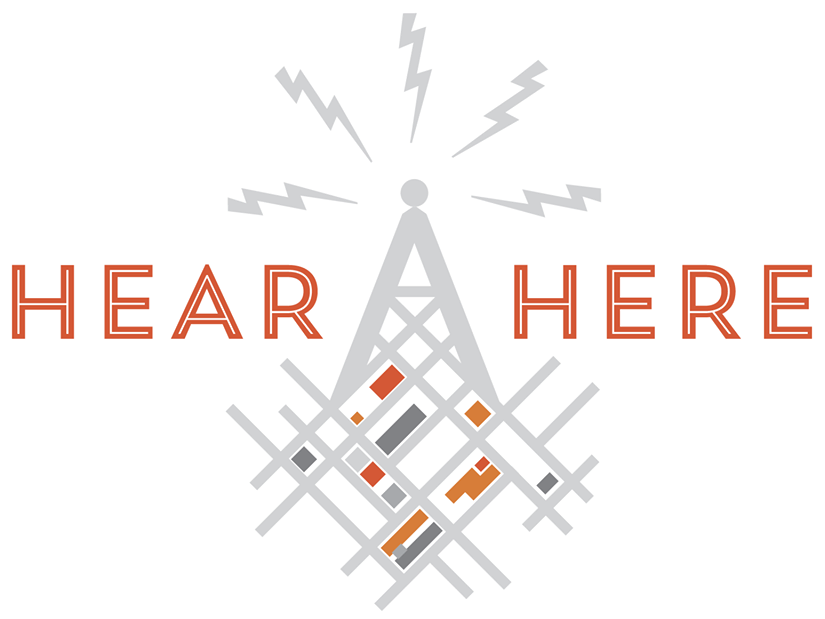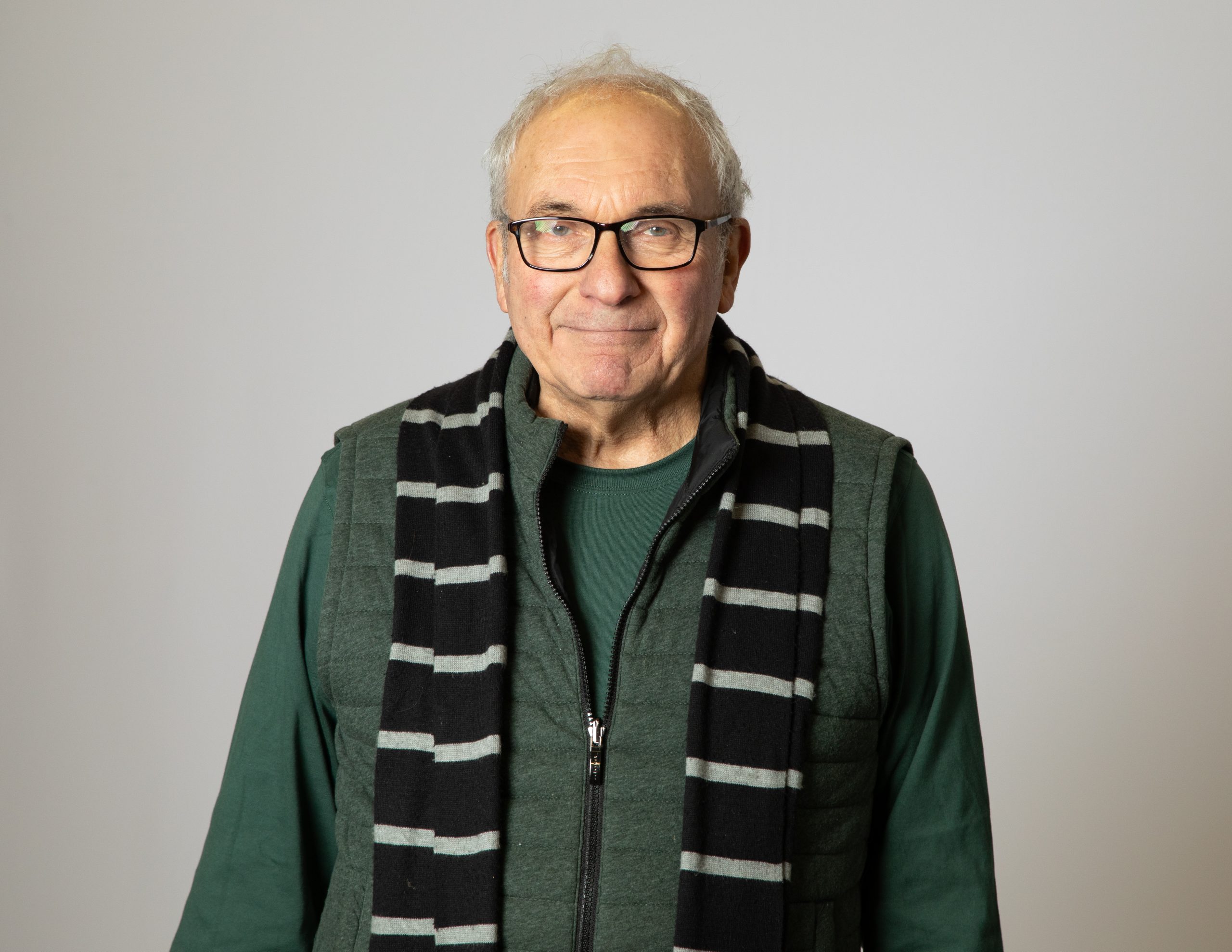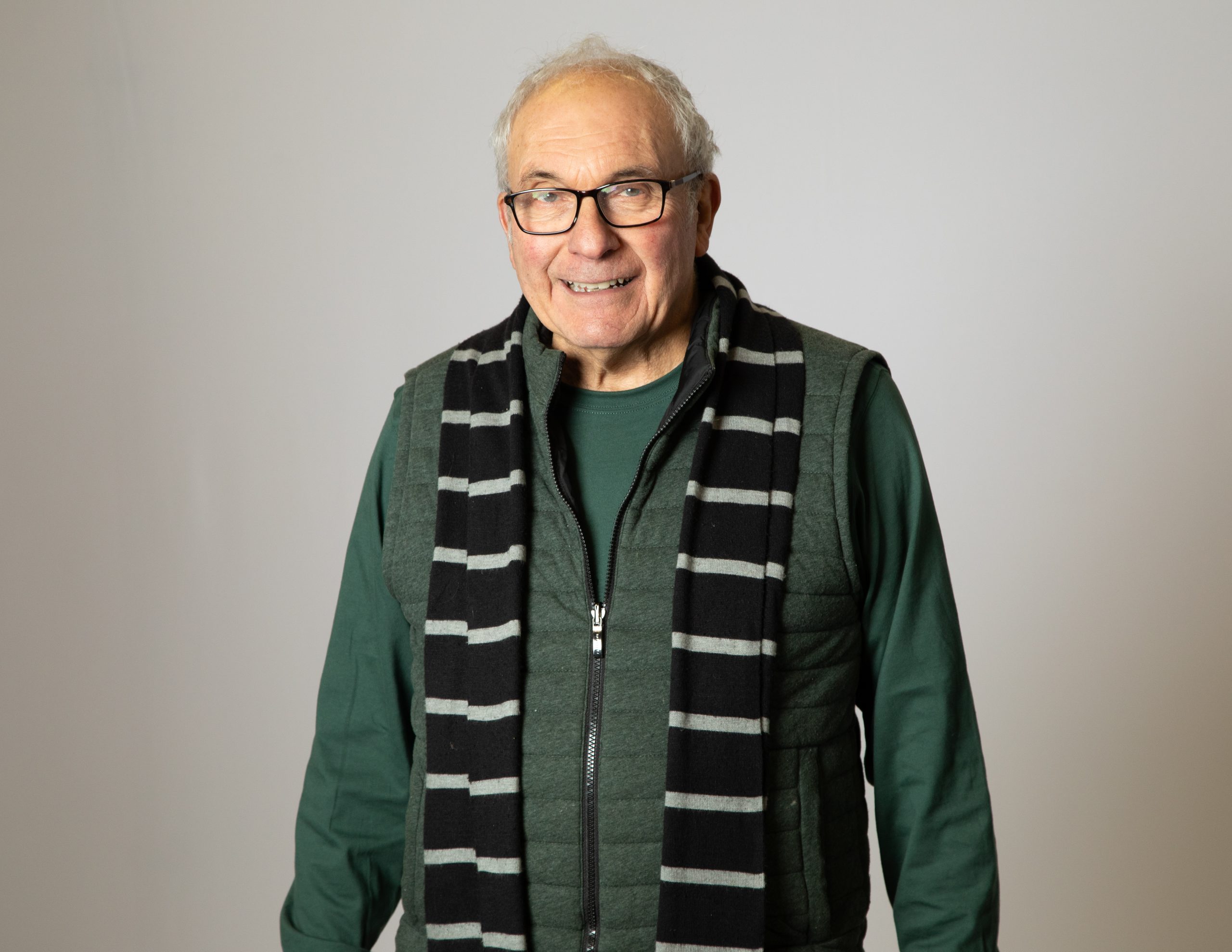Richard Markos
While the St. Elias Orthodox Church struggled to pay its heating and lighting bills. The Syrian immigrant community played a major role in keeping the church alive and going through these tough times.They accomplished this by having weekly meetings in the church basement where they would sometimes collect donations, play cards and serve lunch.
Transcript
Location: St. Elias Orthodox Church, 716 Copeland Ave
St. Elias Church is located up on Copeland Avenue. The struggles that went on, you know, to keep that place alive, and keep it going, because there was a light bill, there was a heat bill. But whenever we needed money, Uncle Sam would go around and ask for donations and people would contribute. The other significant thing in terms of how St. Elias kept alive was the few remaining Syrians that were in town would meet on Monday nights in the basement of the Church. And they would meet—they called it the WIST club—they would meet down there and play cards, and they would exchange stories. Some were actually immigrants, like my Uncle Sam was actually an immigrant, but then there were people like Bill Monsoor, and there was my father, of course, Richard Markos, Mark Markos, my uncle, and several other Syrians. And these guys would play cards, they’d serve a little lunch, and the light was on in the church. Otherwise the light would not be on. There was a vibrancy there. A vibrancy of keeping the church going. Like the Lord said, “Let your light shine.” And that’s how we kept it going. My name is Richard E. Markos, as opposed to my father was Richard S. Markos, who preceded me in the history of St. Elias Church.


